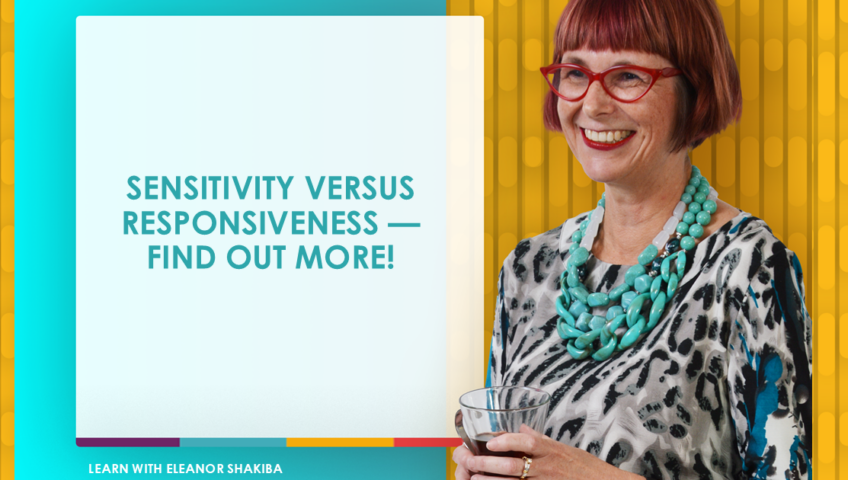What does it mean to be sensitive, really? You might picture someone who gets easily upset or overwhelmed. But, it’s more complex than that. Research into sensitivity started with an interesting observation about babies. In the 1980s, psychologist Jerome Kagan noticed that some babies reacted intensely to new sights and smells, while others were more placid. Through a series of tests involving Winnie-the-Pooh mobiles, cotton buds dipped in alcohol and eerie synthetic voices, Kagan and his team identified two temperaments among these infants: “high reactive” and “low reactive.”
The high-reactive babies seemed more sensitive to their environment and displayed signs like kicking, thrashing and crying. But it wasn’t just a passing phase. Kagan’s follow-up studies revealed that these high-reactive babies grew into high-reactive adults. As an adult, you might still have big reactions to your surroundings—you might get nervous in crowds, be prone to over-thinking and worry about future events. Yet, you also demonstrate significant strengths. You might excel academically, build a successful career and make meaningful friendships.
You might think being high-reactive sounds a lot like being fearful. Initially, Kagan connected this trait to the amygdala, the brain’s “fear center.” But modern research tells a more nuanced story. While fearfulness in high-reactive children often diminishes by adulthood, sensitivity remains a defining characteristic. Elaine Aron, a pioneering researcher in the field, has shown that sensitivity is a healthy trait. This same trait goes by several names today, including highly sensitive people (HSPs), sensory processing sensitivity and biological sensitivity to context. Recently, researchers have looked to unify these terms under a single umbrella: environmental sensitivity.
Free e-book and video tips.Get your copy today!
|
|
So, what does it mean to be sensitive, or perhaps more fittingly, responsive? Essentially, it involves perceiving, processing and responding deeply to your surroundings. You notice more details in your environment and think deeply about this information, often unconsciously. This deep processing makes you highly responsive not just to negative experiences like heartbreak or loss, but also to positive stimuli such as beauty joy and new ideas.
If you consider yourself to be a sensitive person, it means that your body and mind react more intensely to the world around you. You might delve deeply into thoughts and feelings when others skim the surface, finding profound connections and insights. This responsiveness is a double-edged sword; it makes you vulnerable but also capable of extraordinary depth and understanding.
In a world that often values quick reactions and surface-level thinking, being responsive can set you apart in meaningful ways. If you think deeply and feel strongly, you bring invaluable perspectives and insights to the table. Sensitivity, therefore, is not just a trait to be managed but a strength to be celebrated.
More of the article here.
This article summary was created by Eleanor Shakiba
Eleanor is a leadership trainer, success coach and people skills expert. She helps managers and business owners build thriving teams and organisations, using tools from Positive Psychology. She's trained more than 60,000 people during her career as a corporate trainer and professional development consultant. Her mission is inspiring talented people to become leaders who make a difference.

